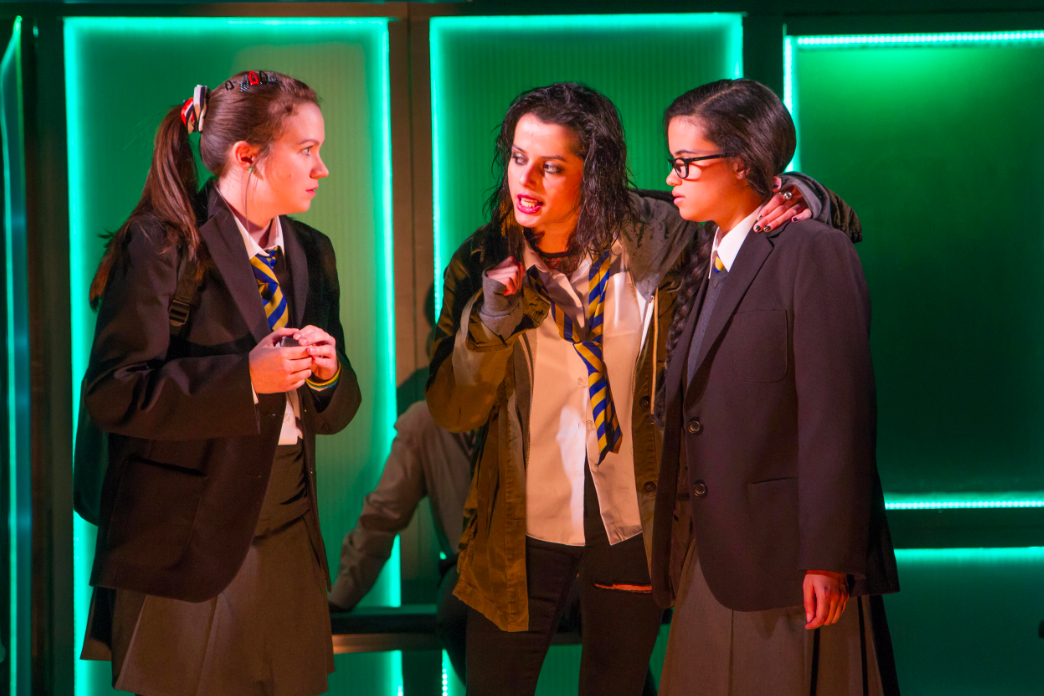When the BBC televised its first episode of A Suitable Boy, I recalled reading it as a 15-year-old but retained nothing except the romantic angle (Saeeda-Maan, Lata-Kabir). So, I got out my dusty paperback from the shelf to see what I had missed and discovered so much more.
Reading the story is like a mammoth oak tree unfurling its branches – with a plethora of characters, each with their individual storyline. The screenplay adaptation however focuses on the linear, streamlining the various subplots into a single storyline.
While the book takes its time to introduce each character in some detail, the screenplay quietly cuts through to the juicer parts of the story – that Hindu Lata was in love with a Muslim boy. However, in getting to the crux of the story, the screenplay sacrifices pivotal characters. Maan’s sister Veena and her shoe trader husband Kedarnath is a storyline that shows the impact of partition on a family. Unfortunately, it finds no place in the six-episode series. Their son, Bhaskar however, escapes the cull, sticking out as the boy who lives in the Kapoor residence with his grandparents.
Music and poetry play an important in A Suitable Boy and they find a place in the adaption too, However, the tepid music fails to impress and slows down the narrative. The series also feels overtly packaged for a western audience, with steamy scenes and early shots of a boat across the river, with sitar music in the background.
Revisting the book made me appreciate Seth’s vision. There aren’t many books about how a fledgling India coped in the aftermath of its Independence, managing both the Hindu-Muslim divide and the legacy of colonisation.
At 1500 pages long, the book delves in to detail – which is at times excruciating – but still offers an immersive experience that the TV series simply falls short. A Suitable Boy is a rich tapestry filled with a 1950s India under the fading glory of the zamindari system, and purdah (Nawab storyline), a mushrooming westernisation (the Chatterjee family), while celebrating the quintessential love for cricket and movies. It shows off an India finding a way through it all, despite being bogged down by political and academic bureaucracy.
Although it takes Seth time to set out the plot, the pace picks up in the latter half as various subplots head towards their conclusion. Time is ticking on Ishaan’s fate, Pran’s academic tenure and Mahesh Kapoor’s political outcome and Lata’s decision. This fervour fails to translate onto the screen, where it feels as though the makers rushed through to tie loose ends and arrive breathless at Lata’s wedding.
For those daunted by the heavy tome, the TV series is undoubtedly a palatable version. Watch it as an introduction to the book; but then read the book. Seth’s Suitable Boy is where the feast is.
Asha Krishna lives in Leicestershire and writes short stories and flash. She discovered homeschooling
during lockdown but gave up as soon as her kids went back to school. She has been published in the
Leicesterwrites anthology, Flash Fiction Festival anthology and 100 words of solitude. She enjoys running and
travelling.


